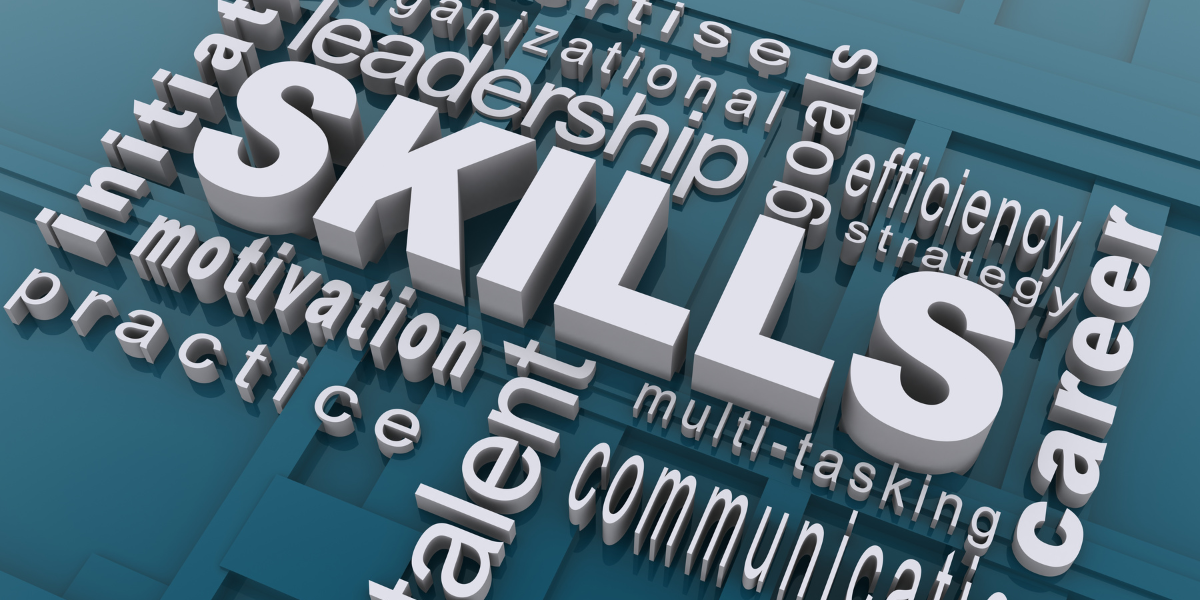
Leadership is not defined by a title or position, but rather by a collection of skills that can be developed over time. Developing and cultivating leadership skills is a lifelong journey that requires patience and humility. It’s not something that can be accomplished overnight. Instead, it demands continuous learning, self-reflection, and practice.
Mastering leadership skills can empower you to unlock your full potential and achieve your goals, whether leading a congregation, a volunteer team, or simply seeking personal growth.
Learning effective leadership skills empowers a leader to guide, motivate, and inspire their team toward a common goal. These skills can be acquired through both innate abilities and learned knowledge. It is important to keep in mind that they are not limited to those in positions of authority because leaders can emerge from any level of an organization. Developing strong leadership skills is crucial for both personal and professional growth.
To be an effective leader, one must possess several key skills such as communication, decision-making, problem-solving, delegation, and conflict resolution. Communication is crucial to ensure that everyone on the team has a clear understanding of goals and expectations. A good leader should also have the ability to make informed decisions, solve problems, delegate tasks, and resolve conflicts efficiently. These skills are essential to ensure that the team is working together towards a common goal.
Leadership skills are not just about what you do, but who you are. A good leader is someone who possesses certain qualities that make them an effective leader. These qualities include integrity, empathy, vision, humility, and resilience.
Integrity is the foundation of a good leader. A leader with integrity will earn the trust and respect of their team. Empathy is another crucial trait for a good leader. Developing the ability to comprehend and relate to your team members can help in creating a more cohesive and connected team.
Having a clear vision is a crucial quality of an effective leader. It enables the leader to inspire and motivate their team towards a common objective. In addition, humility is an essential trait that a good leader must possess. Acknowledging one’s limitations helps you recognize the valuable contributions of others.
Finally, resilience is a critical quality for a good leader. Inevitably, there will be obstacles and challenges along the way, and a resilient leader will be able to bounce back and persevere in the face of adversity.
Developing your leadership skills requires intentional effort and a willingness to learn and grow. Here are some strategies to help you develop and cultivate leadership skills within yourself and your team:
Leadership skills are critical for personal and professional growth. Whether leading a team or trying to improve your personal life, mastering leadership skills can help you unlock your potential and achieve your goals. By understanding the qualities of a good leader and investing in leadership development, you can unleash your leadership potential and achieve great success.
So, what are you waiting for? Start developing your leadership skills today and unlock your potential!